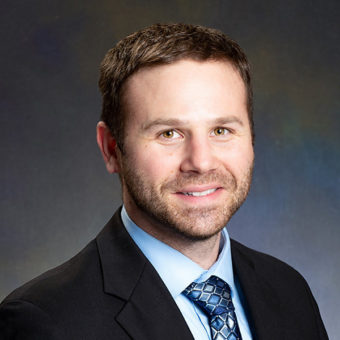The 2017 Rappaport awardee David Rubins, MD, has a longstanding history at BWH—although he grew up in Minnesota, he was born here at the Brigham. Dr. Rubins was drawn to medicine by its inherent elements of complex problem-solving and ongoing teaching, from diagnosing individual cases, to educating residents, to tackling challenges at the systems level. When he returned to BWH for his residency, he became interested in clinical decision support and software usability. The Rappaport Award has provided him with the opportunity to exercise his passion in clinical informatics, specifically using electronic health records (EHR) to improve physicians’ experience and efficacy in the hospital and the work they do with patients. His goal is to develop an app—SENTRy: Side Effect Notification Tool for Rx, which will integrate into the EHR and allow providers to quickly identify side effects related to medications that the patient is taking.
Although the EHR already lists a patient’s current medications, providers have to manually look up each drug in a reference database and search through the text to see if the medication causes a specific side effect. Patients can develop kidney and liver problems because of their medications, and it is often a painstaking process to figure out which medication is the root cause.
SENTRy will offer cost savings and a substantial improvement over the current system, synthesizing information that exists in various places and making it easily accessible. The app will leverage information in the EHR and act as a decision-making tool, saving precious time for doctors and patients alike. Thanks to the support of the Rappaport Foundation, Dr. Rubins was able to build the app in collaboration with both IT and fellow clinical staff, and push the project through the Digital Health Innovation Group process to ensure that it passes the rigorous security and integration requirements of BWH. He looks forward to piloting SENTRy within the next few months at BWH.
“The Rappaport Award gave me my first opportunity to really apply many of the principles of informatics that I have learned during my fellowship to a project that I care about. Clinically, I have become increasingly attuned to the negative consequences of medications, and I think this has made me a better doctor.”
—David Rubins, MD
